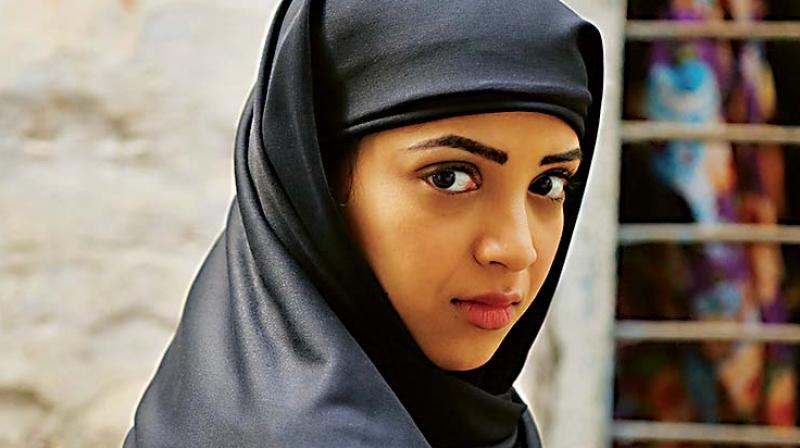The chat room: The Censor Board members don't have a clue'

The Supreme Court on Monday asked the Centre and the Central Board of Film Certification (CBFC) to respond to a petition filed by cine veteran Amol Palekar which said pre-censorship of films is a violation of the freedom of speech, both for filmmakers and the audience. It is not the first time that an artist's voice has been muted by the Censor board. “You tell me one thing. With all the ‘don't smoke’, ‘don't drink and drive’ captions has the board been able to stop the crime or cigarette smoking? No!" says renowned filmmaker Sumana Kittur who has strong views against pre-censorship. She was also in news for directing 'Kiragoorina Gayyaligalu’, an adaptation of a short story by writer Poornachandra Tejaswi. “It is funny how they don't have a problem with semi-clad women dancing before the camera with actors but they worry when the realities of life are portrayed honestly and not in keeping exactly sensibilities," she stresses.
The PIL was filed by veteran actor and director Amol Palekar, challenging the constitutional validity of Section 4(1)(iii) of the Cinematography Act, 1952, which empowers the Board to direct film-makers "to carry out such modifications in the film, as it thinks necessary before sanctioning the film for public exhibition". According to Palekar, pre-censorship amounted to a violation of filmmakers' fundamental rights of freedom of speech and expression and the section should be declared unconstitutional. He said the law granted "unbridled" powers and "unguided" discretion to the Board to stop public screening of a film. "I totally agree with him. Most of the people sitting on the board have no clue. They are not in a position to decide what goes and what doesn't. Let the people decide," she adds, describing her own sad experiences with the film board. “They killed my voice, they killed my movie. There was nothing vulgar in any scene but for them, semi-clad children walking into a school was a problem. But the t
ruth is that these children are poor and from the village and this is how it is. How fair is that?" she asks.
"They don't have any right to cut any scene or mute any dialogue. They should give an 'A' or 'B' or 'C' grade or 'UA' grade. And, let the people who are going to the movie choose. Let the people select and decide." Recounting her experience she said that the producer of the Kannada movie moved the High Court of Karnataka seeking guidelines and standard method of certification for television serials, advertisement commercials and promotions on the lines of the certification for movies under the Cinematograph Act, 1952, last year. "If the government has introduced the book to degree students then why is the same government destroying its film adaptation? Is what I asked?"
She has currently finished an international documentary on Women and Empowerment and has started working on a new script. "Why can't film critics, film journalists and directors and stalwarts associated with the film industry be a part of the board?" she asks. "Otherwise art will only be about "Mute" and " Cut"!

